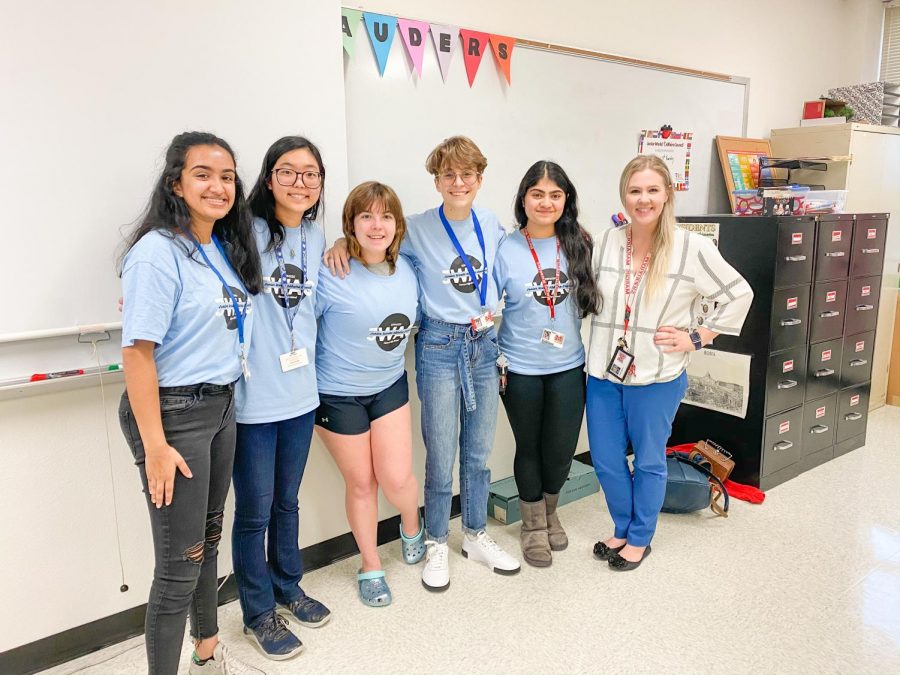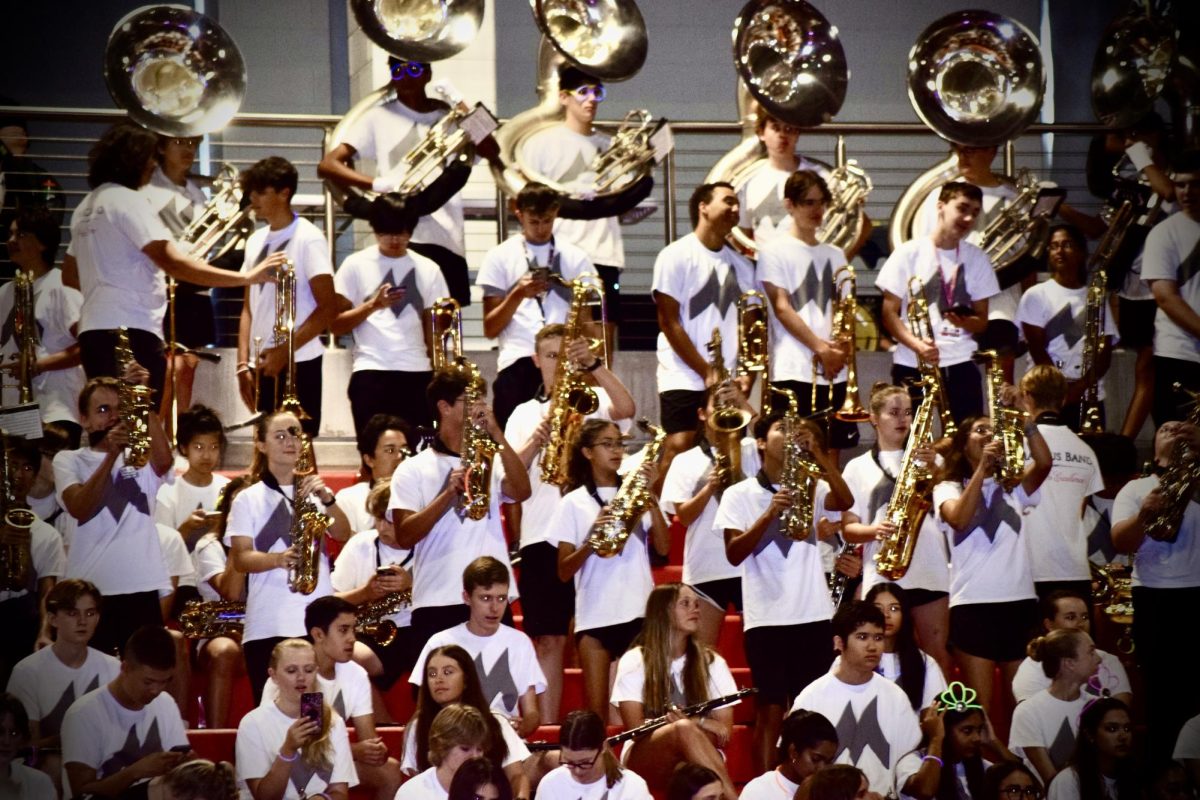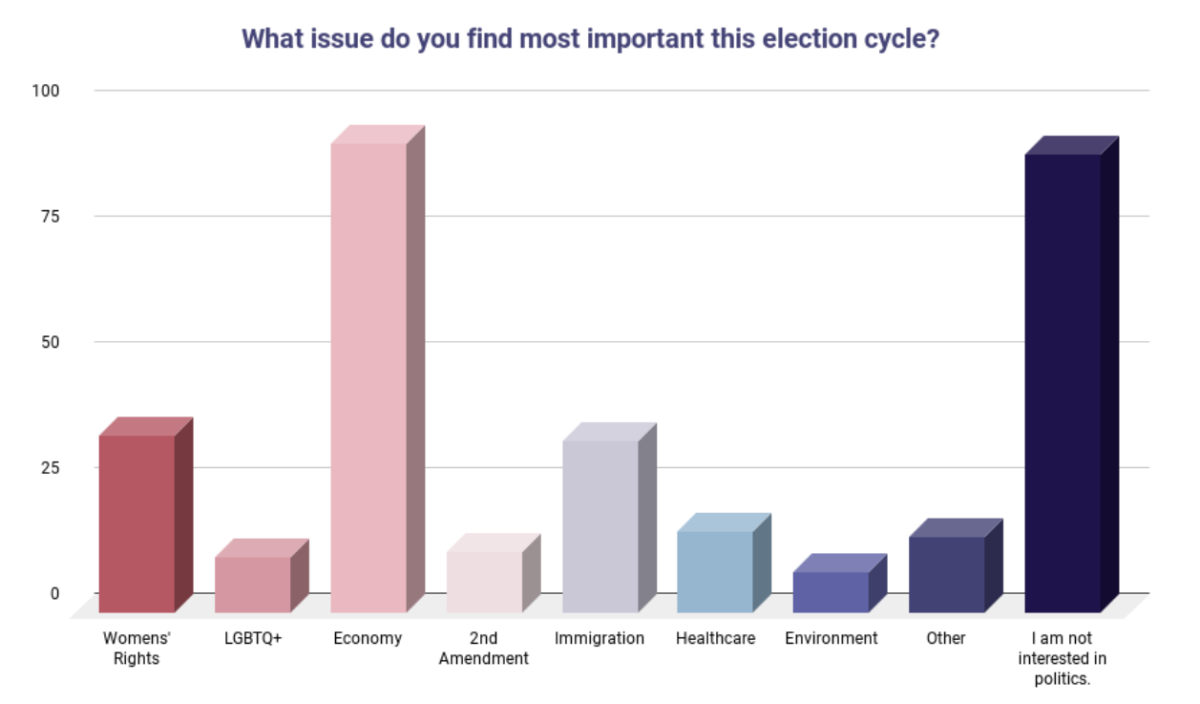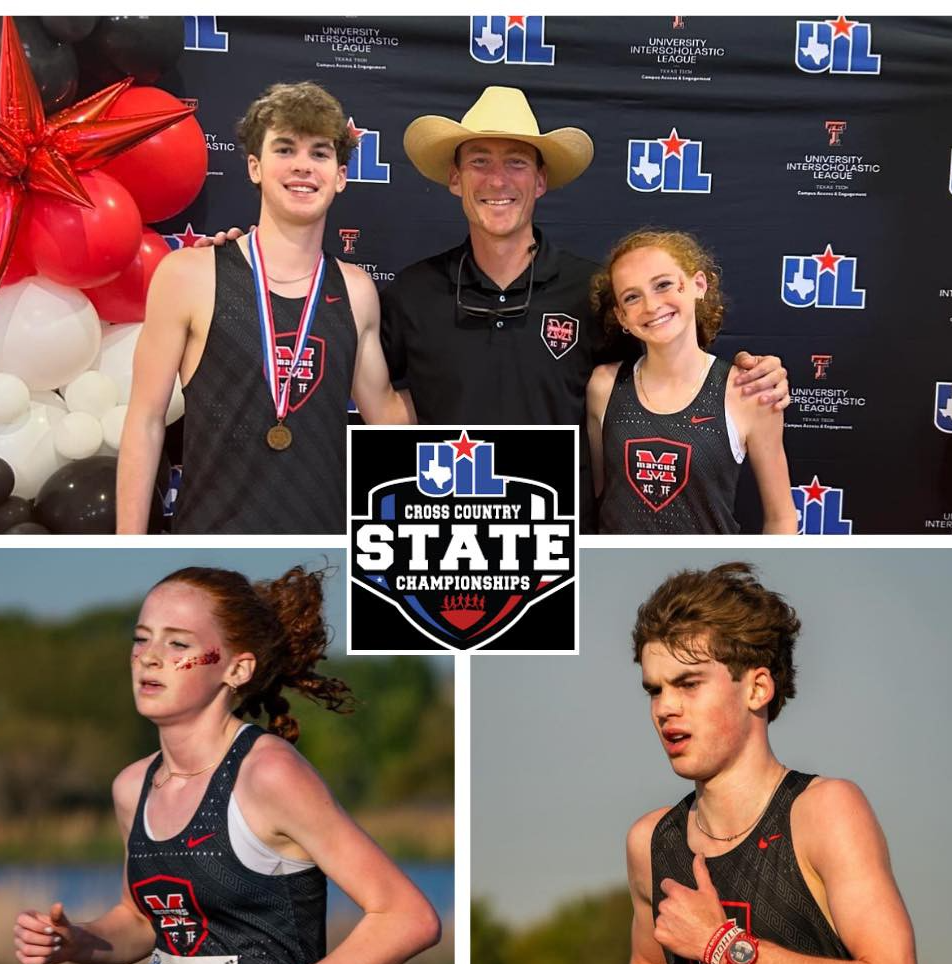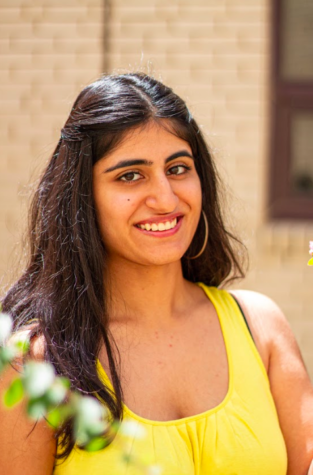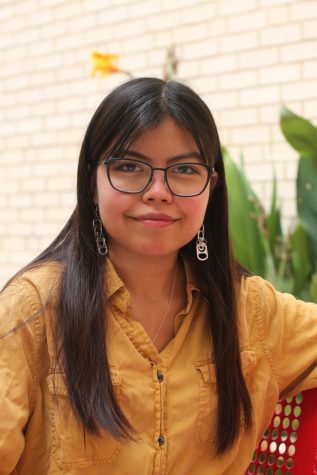Junior Angela Abraham’s mind was clouded with worries as she sat on the couch. The TV flashed images of her family’s flooded hometown, Kerala.
Citizens were trapped, left to either starve in their houses or be bitten by water snakes. Abraham saw that some were able to escape by raft, but she was still worried. She had been to India the prior week to visit her grandparents, and she never expected this flooding. Her thoughts were of her family.
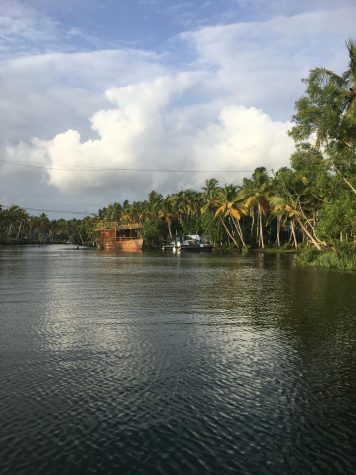
Junior Angela Abraham visited Kerala a week or two before the flooding began. Flooding started Aug. 16, 2018 and there were 483 deaths.
Are my grandparents alive?
My grandma hasn’t answered the phone.
What about their electricity? Their house?
Despite how much this impacted her, she noticed that not many people knew about the flood. Most news outlets didn’t even cover it. It took two days for the tragedy to be recognized on Twitter.
“I clicked on the trend and it was just all these nasty tweets about the people that speak my language and the people who are dying,” Abraham said. “They called them monkeys and disgusting people.”
As she voiced her feelings to her friends, she realized that many of them were not aware of what was happening in India. Abraham said she wanted this to change, for others to be more knowledgeable about world issues.
One year later, Abraham found a way to pursue this goal. She was at the Career Center, talking with classmates when she learned about the Junior World Affairs Council, an organization dedicated to teaching its members about global issues. Abraham was immediately captivated. Abraham enlisted the help of her friend, Junior Fiona Chun, and they scouted for a sponsor over summer.
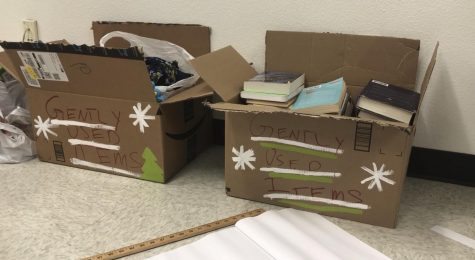
The Junior World Affairs Council collected toys, books, and clothing for their Christmas service project. They have two new service projects coming up and are additionally planning to collaborate with the Environmental Club and Science National Honor Society to organize a climate march.
By September 2019, they had found a sponsor, AP U.S. History teacher Kaitlyn Wilson, and signed up to be a Junior World Affairs Council chapter.
“JWAC really just opened my eyes to what’s happening around the world,” Chun said.
Chun didn’t have a TV at home, so she wasn’t updated on most current events before she helped start JWAC. However, when she realized that nearly 27 million children in Africa were homeless during a speech at the JWAC orientation or that the lack of proper eyewear affected the quality of education for students in Africa, she was shocked. Her newfound knowledge motivated her to learn more about worldly events.
“All of these huge numbers surprised me, made me want to do something,” Chun said.
• • •
White walls surrounded the spacious room of the shelter. Centered on the back wall was a Christmas tree, decorated with festive ornaments. JWAC President Renee Gomez entered, grasping the large bag of 86 toys that the club donated in her hands. Each toy was wrapped, labeled, and placed in a pile next to the tree.
“I was humbled,” Gomez said. “It felt really good to see the number [of toys] grow whenever you put your bag next to them.”
Abraham was proud that JWAC could contribute to the Friends of Family shelter.
“I think it was a success … especially because we only have 25 members in our club,” Abraham said.
Aside from service projects and education on global affairs, JWAC encourages its members to apply the knowledge they learn to be politically active. Abraham said the club presents QR codes on their slideshows which directly send members the contact information of their senators and representatives.
Gomez believes there are many costly world affairs students don’t know about and hopes all that JWAC offers will inspire students to do their own research and look deeper into current events.
“To live in a community where we’re as fortunate as we are, I think it would be a little self entitled to keep it all for ourselves,” Gomez said.




